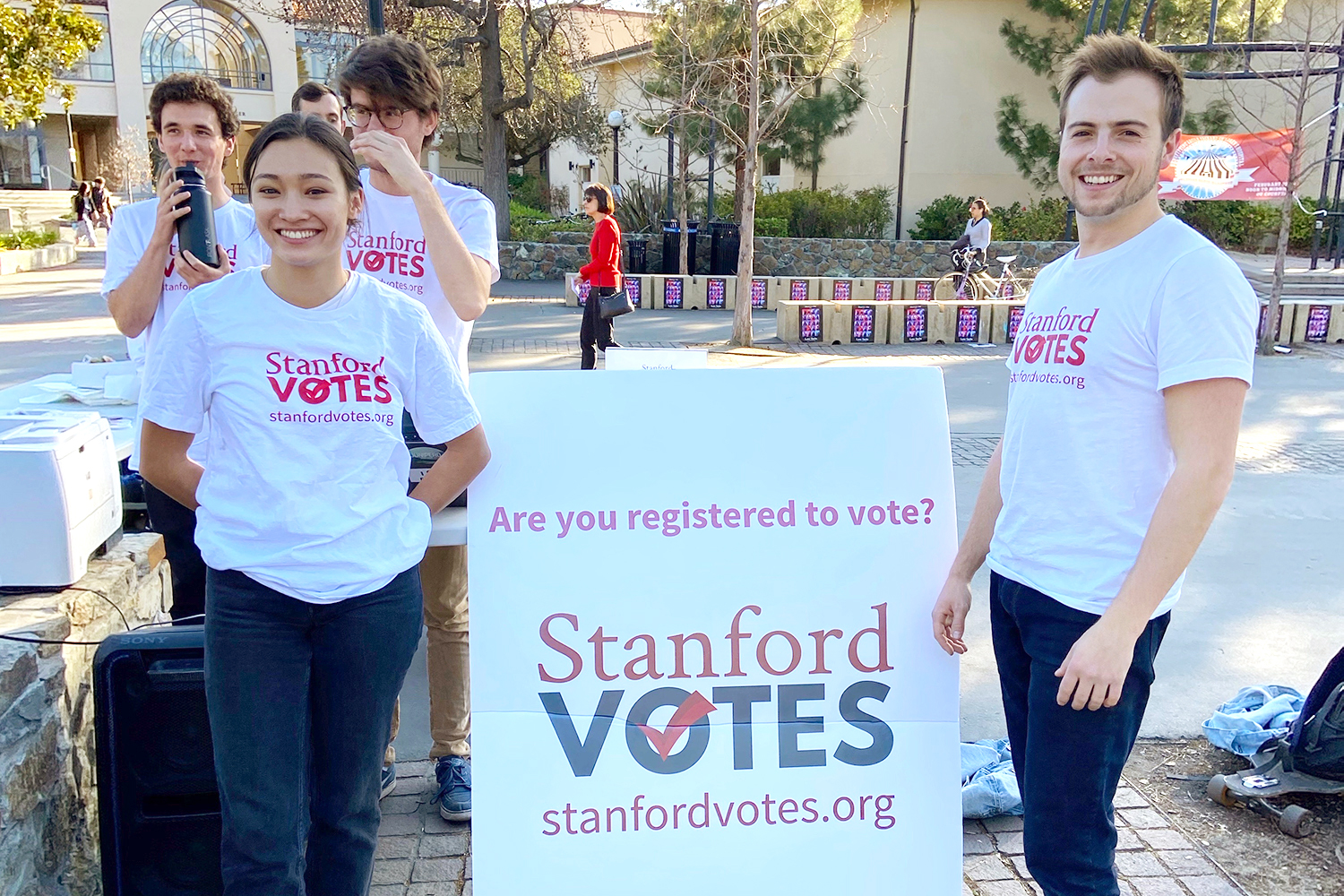Young people don’t vote. A stereotype, true, but an accurate one. Tufts University found that around 39% of college students cast a ballot in 2016, compared to almost 70% of Baby Boomers and 55.5% of Americans. The largest, most diverse, most plugged-in generation in U.S. history is also one of the least politically relevant.
And that’s an absolute shame, because our electoral non-involvement is not for a lack of caring. We do care, passionately and deeply, and that care is translated to action at home and abroad. Even a cursory examination of some of the most effective political movements of the last decade finds youth in vital leadership roles. From mental health to LGBTQ rights, our generation has a proven track record of nonpartisan activism on the problems that most affect our communities and peers, problems the political orthodoxy would rather not think about. Our voices are important, essential, and when we speak, we change the world.
It’s no coincidence, then, that legislators spend so much time trying to stop young people from voting. New Hampshire passed regulations in 2018 that prevent over half of their college students from voting in-state. In Texas, legislators recently outlawed temporary voting locations — a certain kind of polling place common on campuses. And when confronted with a system that forces new voters to choose between convoluted vote-by-mail procedures or hours-long lines on election night, it’s not hard to see why almost half of Generation Z feels disenfranchised.
And yet, many like to lay the blame squarely on our shoulders. They talk about how young people are lazy, or apathetic, or politically disengaged. They say we don’t know enough about the issues to care, that we can’t comprehend a world outside of our cell phones. They snicker behind their hands, content to play to the same base they’ve had for decades and let the youth drift away into political no-man’s-land. Because rest assured: their problems are not our problems. Their anger is not our anger. Their priorities are not our priorities, and if we aren’t going to vote anyway, why would they care about what we think?
Well, here’s why: because we make up the largest generation of voters in U.S. history. Because we understand the issues — we live the issues — and the country we will inherit is being formed right now. Because, should we choose to exercise it, we have the ability to shape America how we see fit.
But none of that matters if we just wait for someone else to fix everything. We can’t let the choices that will define our futures and our lives pass us by, and we can’t let the people in power ignore us for one second longer. It’s easy to throw up your hands, to disengage from a broken system, to fall into the trap of thinking that your voice doesn’t count. It’s easy, but it isn’t right. We need to stop talking about how much better things could be or would be or should be, and start talking about how things are, and how we can make them better. It’s not enough to want change. This November, we have to take it.
Sean, Liana and Chase lead StanfordVotes, a non-partisan, student-directed campus voting organization housed within Stanford in Government.
Contact Sean Casey at spcasey ‘at’ stanford.edu, Liana Keesing at lkeesing ‘at’ stanford.edu and Chase Small at cpsmall ‘at’ stanford.edu.
The Daily is committed to publishing a diversity of op-eds and letters to the editor. We’d love to hear your thoughts. Email letters to the editor to eic ‘at’ stanforddaily.com and op-ed submissions to opinions ‘at’ stanforddaily.com.
Follow The Daily on Facebook, Twitter and Instagram.
